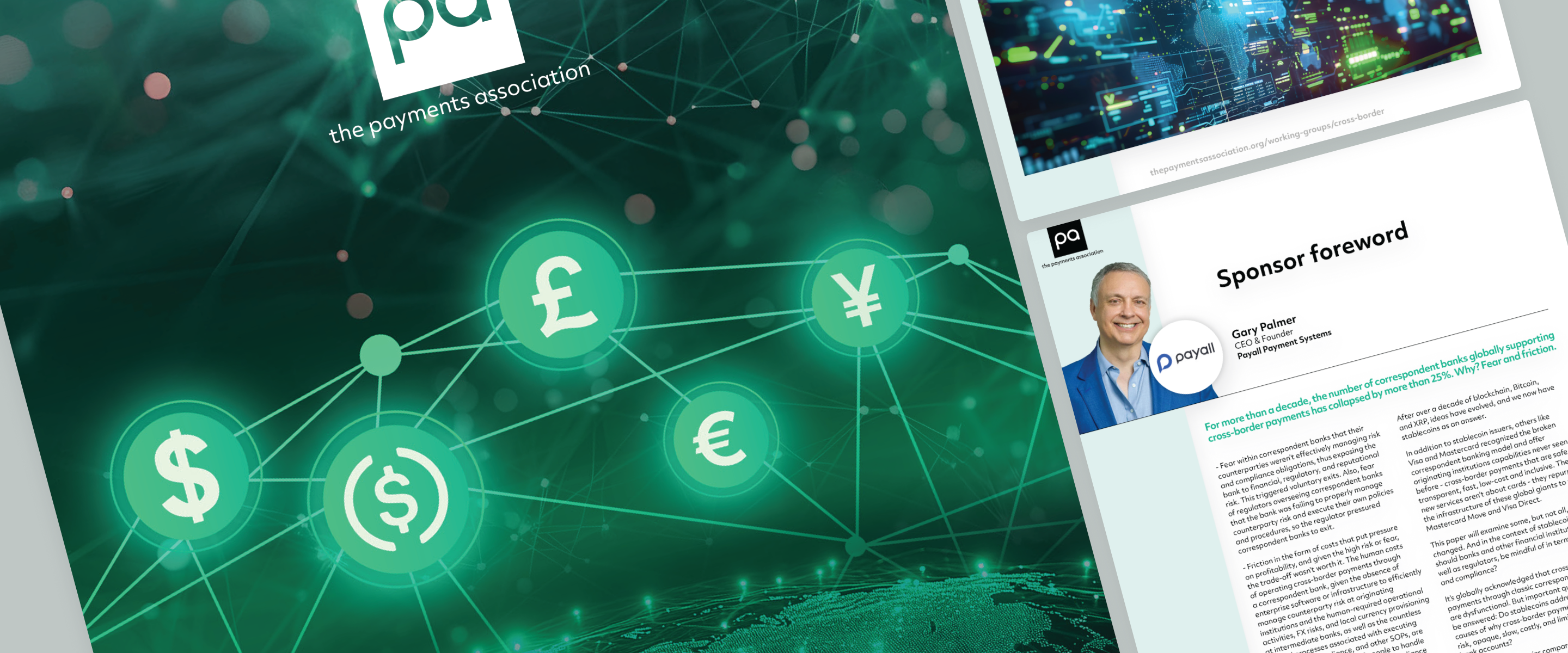The digital payments revolution is more intrinsically vital to the economic and social future of Africa than to any other region on the planet. And Africa, home to more than 1.4 billion people with a population forecast to double by 2050, is a cornerstone of the tech global supply chain, while also housing about one third of all the world's mineral resources.
So, why does such an appealing and populous geography suffer from undeniably the most inefficient and patchy payments and cross-border payments networks in the world?
Why Read This Paper?
This paper is a very useful starting point to explore this conundrum - but it is only a start, and just scratches the surface. We include here a few key takeaways to whet the appetite but, to fully understand what is possible from a cross-border payments perspective, contact us directly.

Early Observations on Untapped Potential
A few surprising observations to kick off the debate. Despite a global explosion in tech investment in recent years, remittances into Africa have surpassed foreign direct investment every year since 2019. And despite Africa's growing reliance on electronic payments, and despite having more than 30 instant payments systems (IPS) available across Africa, less than half of these are Interconnected. Perhaps the most astonishing observation of all: nearly half of all East-West cross-border payments across African countries are still made in cash!
Some Facts & Figures
Africa in numbers is a genuine quandary. Nearly 20% of the world's population (and growing); 30% of the world's mineral reserves; 40% of the world's gold reserves and 60% of the world's uncultivated arable land. All this and yet just 3% of global GDP…
Throw into the equation the fact that total African trade volumes are forecast to rise to near $2 trillion, by 2030, from $1.3 trillion in 2023, with trade flows marginally skewed to imports into Africa. And, just for good measure, let's also bear in mind that on this current trajectory, the investment financing shortfall for a potential $2 trillion in trade may very well exceed $400 billion by the start of the next decade. And no system-wider workable cross-border solution?
Multi-Currency Challenges & Trading Partners
A key reason why cross-border payments are so critical to Africa is currency/FX. Not only does the nexus of trading partners mean that liquidity and fair FX rates are needed in currencies ranging from the UAE Dirham to the Japanese Yen, the Saudi Riyal to the Indian Rupee. The bigger problem is that with more than 40 often-illiquid and volatile domestic currencies, managing and delivering a workable, fit-for purpose system has been, hitherto, impossible.

A Global Problem with an African Twist
De-risking has become a global phenomenon since the 9/11 terrorist attacks and the enactment of the U.S. Patriot Act. Notably since 2021, many African nations have borne the brunt of the perception - and in some cases reality- of a vulnerability to illicit financial activities thanks to less stringent local regulations. This has been compounded by the fact that many African banks are also smaller institutions and are unappealing to larger U.S. banks because of limited transaction volumes.

Stringent enforcement of anti-money laundering (AML) and counter-terrorism financing (CTF) regulations have exacerbated this. U.S. sanctions applied to ISIS facilitators in Somalia in 2022; South Africa's inclusion on the Financial Action Task Force (FATF) "grey list" in 2023; and Ethiopian sanctions applied due to the conflict in the Tigray region are just a few recent examples. Given the potential minefield of political and economic risks across Africa, it is easy to see why some banks just choose to avoid the problem.
The Way Forward
A critical first question in addressing the African payments model has to be: is the correspondent banking model now obsolete?
The answer, as ever, is nuanced. Yes and No. An examination of the game-changing capabilities and customer experience that a recent Payall x Mastercard initiative has already set in motion will provide an invaluable glimpse into the future and show where alternatives lie.

To explore challenges and solutions for, and the future of African cross-border payments, please download and enjoy this paper. We welcome feedback, questions and suggestions so join the debate and contact us.















